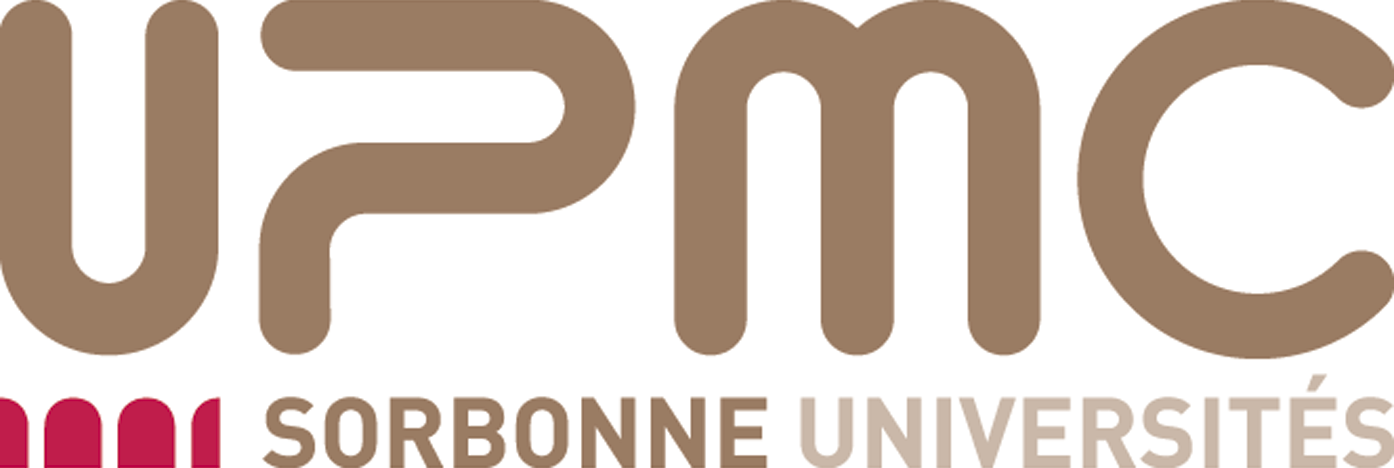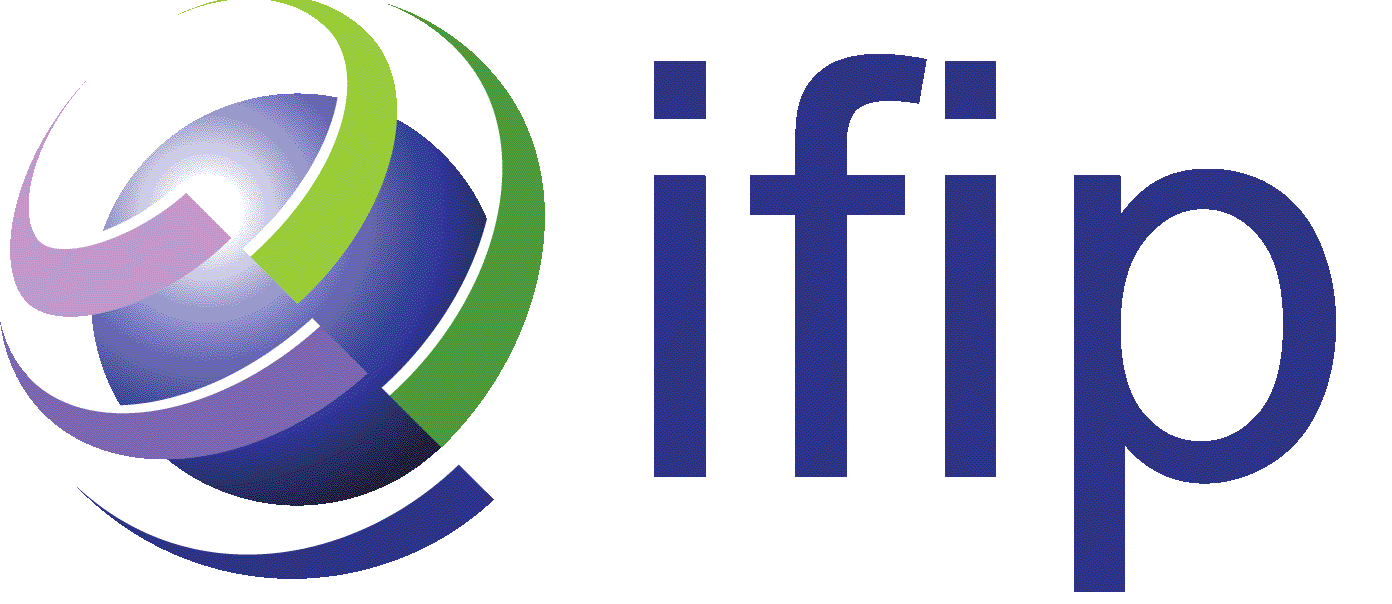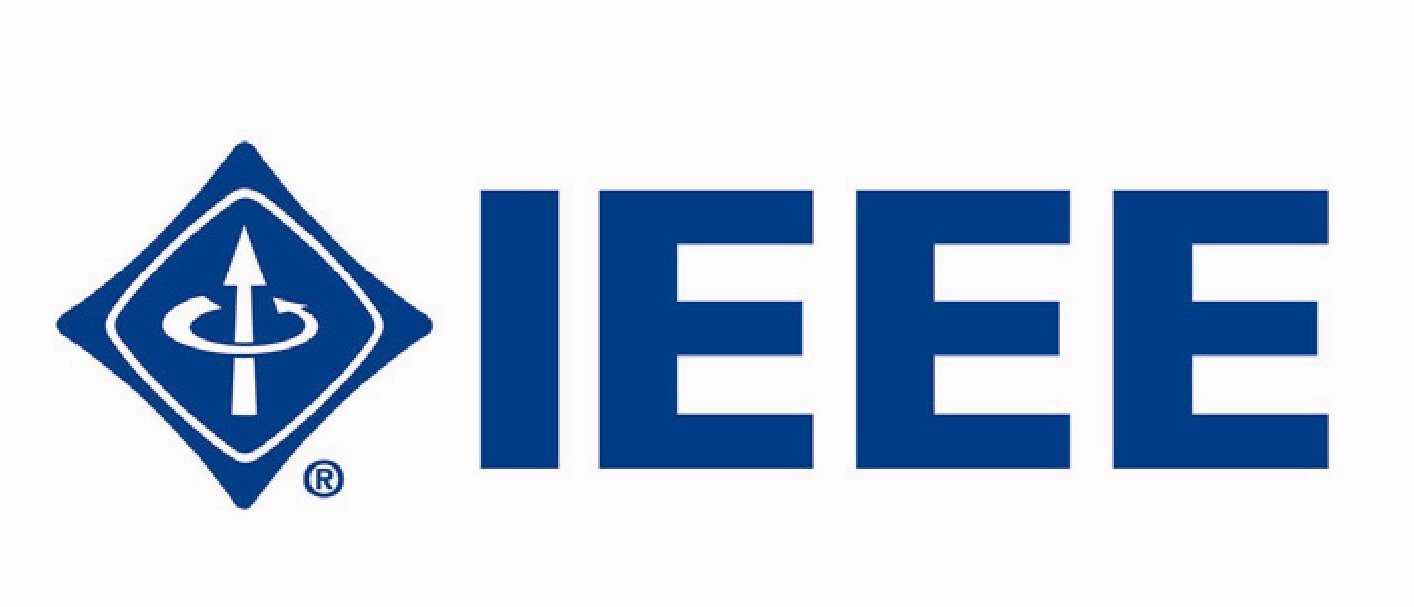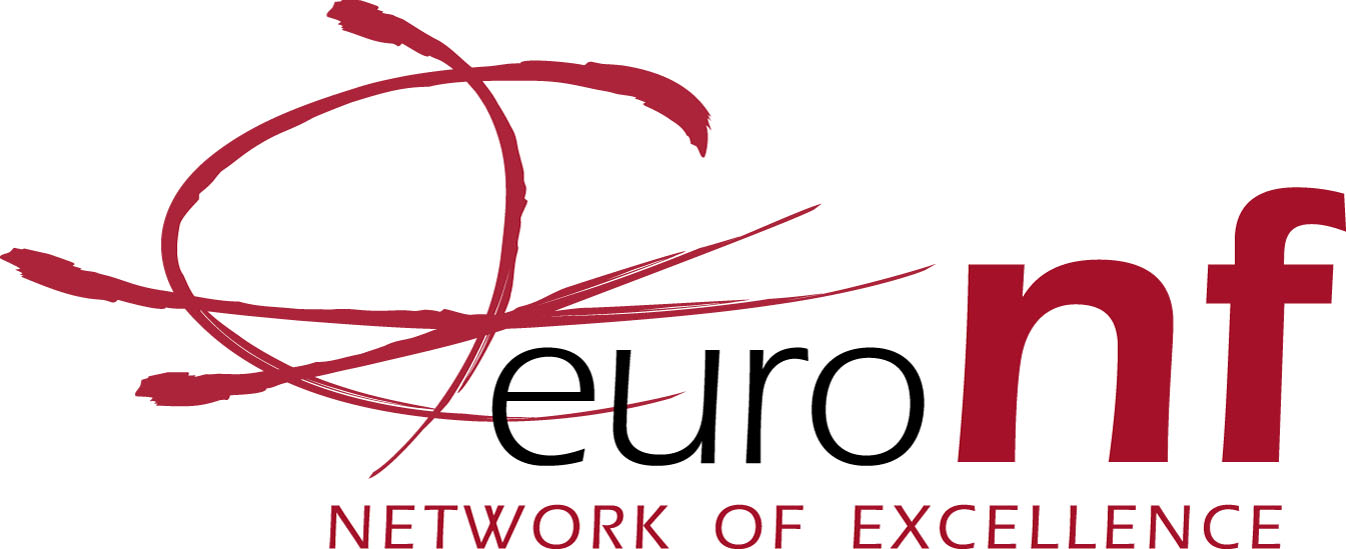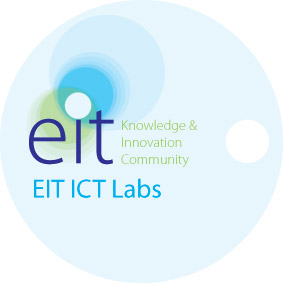Keynote Speakers
 |
Mérouane Debbah Supélec, France; Alcatel-Lucent Chair on Flexible Radio Mérouane Debbah was born in Madrid, Spain. He entered the Ecole Normale Supérieure de Cachan (France) in 1996 where he received his M.Sc and Ph.D. degrees respectively in 1999 and 2002. From 1999 to 2002, he worked for Motorola Labs on Wireless Local Area Networks and prospective fourth generation systems. From 2002 until 2003, he was appointed Senior Researcher at the Vienna Research Center for Telecommunications (FTW) (Vienna, Austria) working on MIMO wireless channel modeling issues. From 2003 until 2007, he joined the Mobile Communications department of the Institut Eurecom (Sophia Antipolis, France) as an Assistant Professor. He is presently a Professor at Supelec (Gif-sur-Yvette, France), holder of the Alcatel-Lucent Chair on Flexible Radio. His research interests are in information theory, signal processing and wireless communications. He is an Associate Editor for IEEE Transactions on Signal Processing. Mérouane Debbah is the recipient of the "Mario Boella" prize award in 2005, the 2007 General Symposium IEEE GLOBECOM best paper award, the Wi-Opt 2009 best paper award, the 2010 Newcom++ best paper award as well as the Valuetools 2007,Valuetools 2008 and CrownCom2009 best student paper awards. He is a WWRF fellow. Keynote title Future Dense Networks: more base stations or more antennas? Abstract Wireless networks are inherently limited by their own interference. Therefore, a lot of research focuses on interference reduction techniques, such as mutiuser MIMO, interference alignment, interference coordination or multi-cell processing. Although these techniques might lead to considerable performance gains, it is unlikely that they will be able to meet the demand for wireless data traffic in the future. Therefore, a significant network densification, i.e., increasing the number of antennas per unit area, is inevitable. One way of densifying the network consists in cell-size shrinking, such as the deployment of femto or small cells, which comes at the cost of additional equipments and increased interference. Another much simpler, but also less explored, option is the use of massively more antennas at each base station (BS). In this talk, we will discuss the challenges of small cell versus massive MIMO networks. |
 |
Dr Thierry Lestable, Technology & Innovation Manager, SAGEMCOM SAS, Paris, France Thierry Lestable received Engg. Degree, and Ph.D from the Ecole Supérieure d’Electricité (Supelec) in 1997, and 2003 respectively. He has 14+ years experience in leading edge Wireless Telecommunications, is author of 40+ international publications, and 25+ patents. (Editor of 1 Wiley book, and co-author in 2 Wiley books). Within Alcatel labs (1998-2003), Dr. Lestable investigated Multi-Carrier Wireless Systems paving the way to 4G cellular systems. Then from 2004, Dr. Lestable was with Samsung Electronics Research Institute (SERI) (UK), headed the Advanced Technology Group, focusing on Advanced Channel Coding (LDPC), Iterative processing and Cross-Layer for MIMO-OFDM based systems. He actively contributed to IEEE 802.16m, and 802.20 standards, whilst participating into European research projects (FP6-WINNER-I and II) towards IMT-Advanced systems, and creating FP7-DAVINCI Consortium (Advanced Channel Coding). Since 2008, Dr. Lestable is Technology & Innovation Manager in SAGEMCOM (Paris, France) within CTO office, where he helps steering, refining and consolidating strategic options. As such, he is closely following/participating standards, industry groups (e.g. ETSI TC M2M, 3GPP LTE, Femto Forum, IEEE 802.16, IEEE P1905.1…), research forums, together with collaborating with institutional agencies, industry and academic partners. Dr. Lestable is expert for the European Commission (FP7) and Eureka Cluster CELTIC, and chaired the Machine-to-Machine (M2M) Expert Group in eMobility European Technology Platform. He is also the Project Manager of FP7-BeFEMTO European research project targeting next generation LTE-based Femtocells, initiated the FP7-EXALTED project dedicated to LTE-based M2M communications, and highly contributed to the creation of French national project EconHOME addressing Green ICT for Smart Digital Connected Home. Since 2010, Dr.Lestable is member of the Telecom Steering Board from System@tic Competitiveness Cluster in France, and teaches the M2M course in Supélec. In 2011, Dr.Lestable chaired two (2) International Workshops on Femtocell technologies, within IEEE VTC Spring (Budapest, Hungary), and ICT Future Network & Mobile Summit (FuNEMS). He is also co-chair of the coming “International Workshop on M2M Communications: ‘Key’ to the future Internet of Things (IoT)” in conjunction with Globecom 2011, Houston. |
 |
Marco Galli de Paratesi Download the keynote presentation Download the keynote presentationItaltel, Italy Marco Galli de Paratesi is the head of NGN Network Architecture Team, providing high level requirements and solution strategy definition for Italtel NGN/IMS solution catalogue evolution. Technical knowledge of softswitch based and IMS network architectures. Deep experience of planning and monitoring of large telecommunications projects, as well as resource coordination. Keynote title Ensuring quality control and enhanced experience for global multimedia services Abstract VoIP and multimedia traffic has been growing exponentially in recent years, as both enterprises and consumers increase their adoption of IP services. To keep pace with the demand, both fixed and mobile service providers are steadily migrating their core networks from TDM to IP. More specifically, Mobile Broadband networks envision an ALL-IP world in which all devices will be IP-enabled devices. IP traffic, driven by the availability of advanced multimedia services and the explosion of mobile IP, will continue its rapid growth, both in fixed and mobile networks, for the next several years. This migration to IP put the focus on IP Interconnect networks as a way forward for cost efficient innovation and for providing ubiquitous E2E multimedia services in a secure and guaranteed quality environment. Several forums are defining the IP Interconnect architecture. More specifically, the IPX specifications elaborated by the GSMA and endorsed by i3forum aim at providing to the industry an innovative solution to migrate Voice and other services over IP, enabling end-to-end QoS, SLAs, cascading, security and convergence. In this scenario Network operators need to compete with "network light" OTT Players, so the adoption of IPX business and architectural model, in addition to the need to reduce deployments costs and to renew network equipments (TDM end-of-life), will also be driven by service differentiation in terms of quality and security. In particular, as demand for bandwidth and resources increase, maintaining QoE/QoS will be a key differentiator for service providers, between managed services and much cheaper internet based options (OTT), so keeping subscriber churn low by ultimately providing a better QoE. The keynote summarize iPX suggested approaches to QoS control in IPX environment, remembering that a lot of work is still required to establish common technical specifications, and depicts Italtel's vision on network interconnection control : Centralized Policy and Routing Italtel's solution provides the way to assure, among others, advanced QoS control and traffic Management capabilities, taking also into account that at a time where most services and retail networks are still over TDM, the challenges are to facilitate the migration over IP in a transitional form, with a mix of different technologies that need to interwork among themselves for still quite some time. |
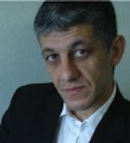 |
Khaldoun Al Agha University Paris-Sud 11, France Senior IEEE, Khaldoun Al Agha is full professor at Paris XI University. He is leading the networking group at LRI (Laboratoire de Recherche en Informatique). Khaldoun Al Agha participates actively in EIT ICT Labs. He is leading the European action line "Digital Cities of the Furture". Khaldoun Al Agha was general and TPC chair for many conferences in networking and was producing special issues in Telecommunication System and Annals of Telecommunication Journals on ad hoc and home networking. His research interests are on resource allocation, quality of service, security, energy optimization, network coding for wireless and mobile networks. He is very active in the developing of quality of service schemes for ad hoc and sensor networks. He is leading many projects on those topics and published more than hundred of papers in journals and conferences. Khaldoun Al Agha is the co-founder of Green-Communications. Keynote title Digital cities of the future Abstract Cities are at the heart of economic growth and social activity. Increasing concentrations of people, businesses and technologies create ever larger and more complex demands for new services and improvement in the performance of infrastructure systems. Statistics, forecasts and population studies confirm the continuous migration of population towards cities to find jobs, better access to services and living conditions improvement. This talk describes the Citizen Centric Model that we define and create in the action line Digital Cities of ICT LABS. It also provides a new network infrastructure that could scale the needs of citizens across that Model. |
